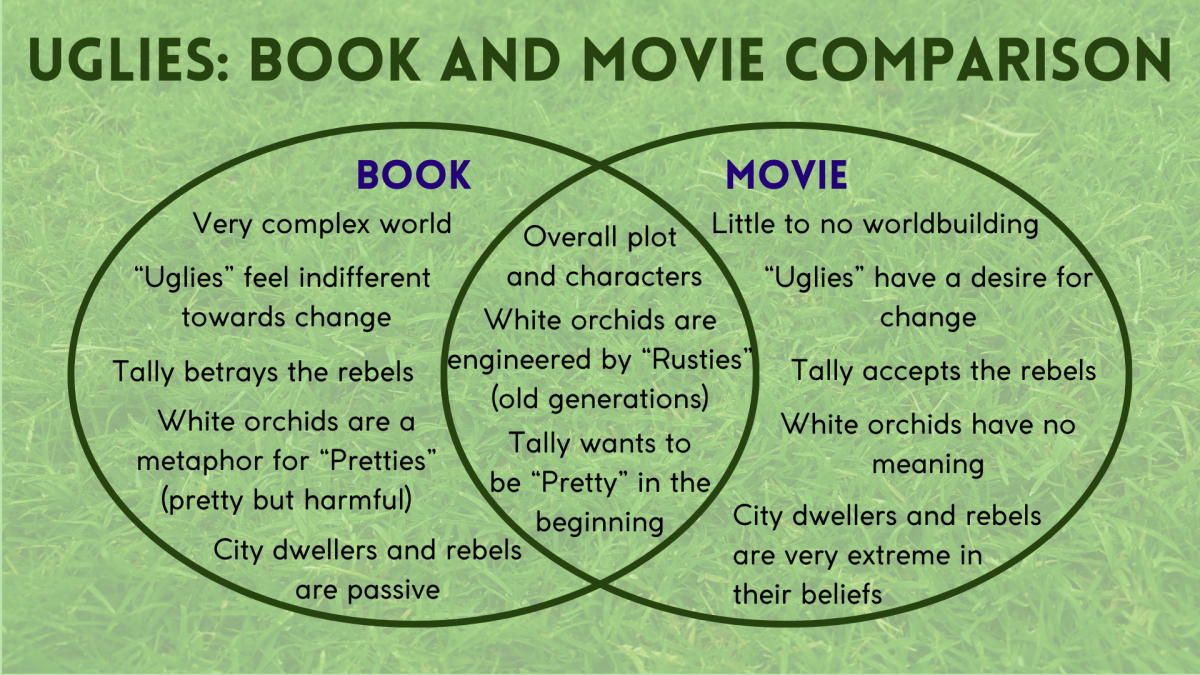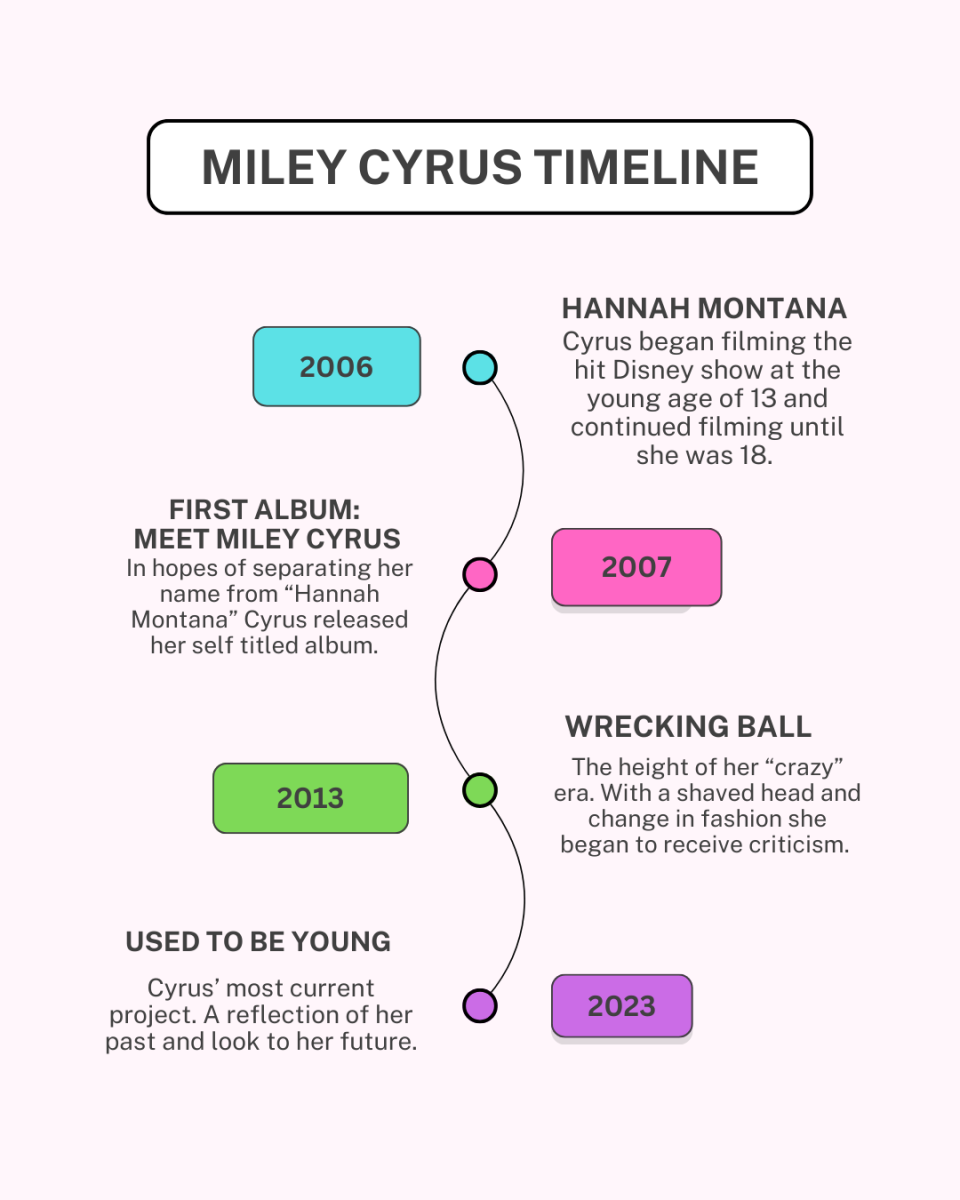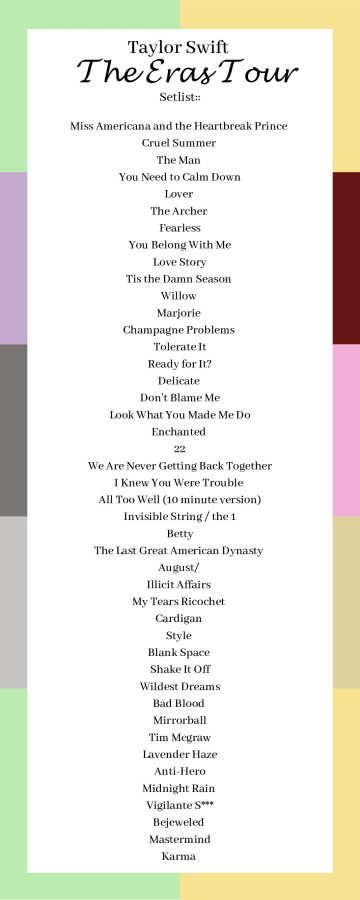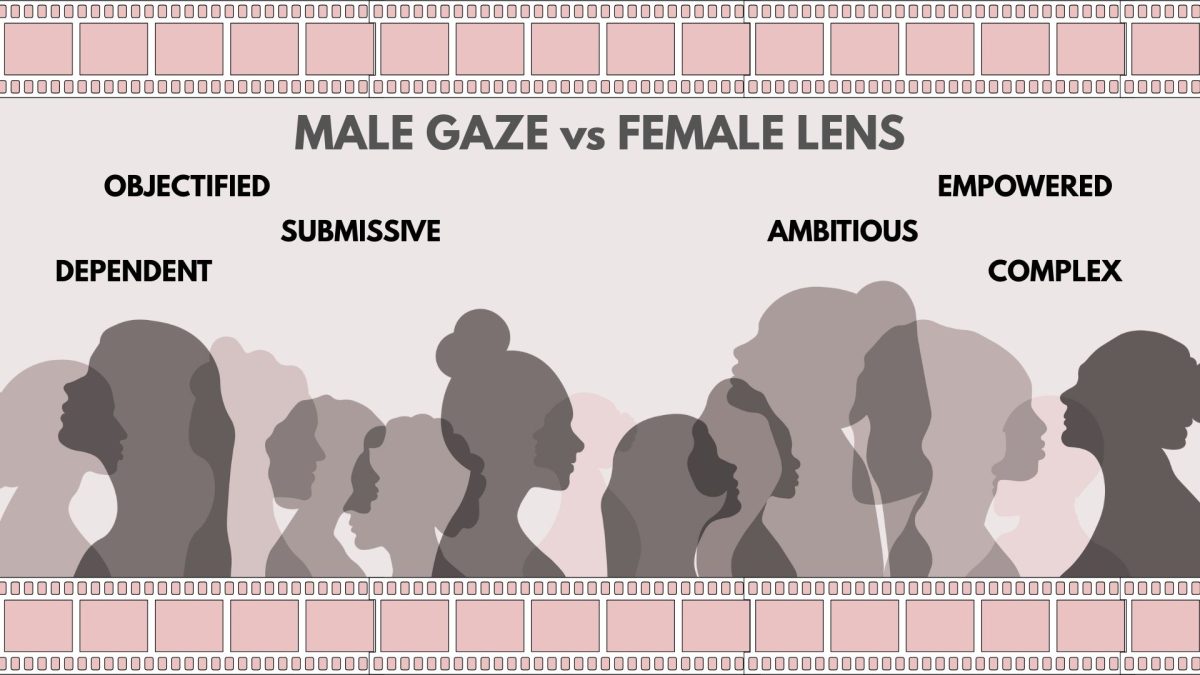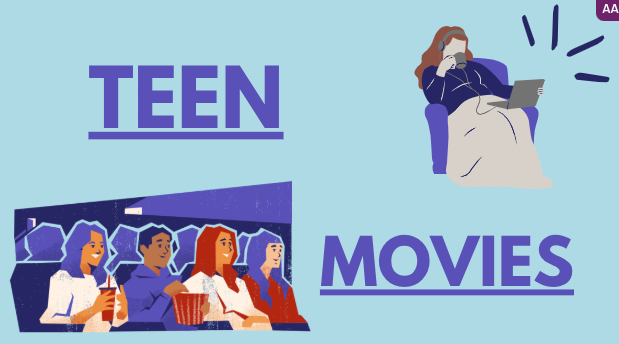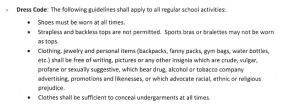Being weary of the media may be more important than ever
News is interconnected and can be shared by anyone. Some may have honest and trustworthy information while others may not. Being cautious is more important than ever.
January 22, 2021
Since the beginning of the pandemic in March of 2020, the narrative has been widely controlled by media networks such as CNN and Fox News. Although, social media platforms such as Instagram and Twitter have been the main source of crucial information regarding the pandemic for many. Many absorb the information blindly, and rely on the trustworthiness of these sources. The vastness of misinformation that has been spread in relation to the pandemic is astounding and might come as a surprise to many.
According to a 2019 MIT study, researchers found that false information is 70 percent more likely to be retweeted on Twitter than the truth. Being weary of the vastness of misinformation is important, especially amidst today’s historical time period.
Much of today’s information regarding the pandemic comes in all shapes and sizes depending on factors like business agenda’s and differentiating viewpoints. Especially regarding the pandemic, there are a huge variety of opinions and perspectives out there, therefore resulting in untrustworthy, narrow sources.
Media platforms such as Instagram, Facebook, and Twitter have a huge impact on the panic, awareness, and overall knowledge on COVID-19 guidelines, regulations, and updates. Influencers and advertisements are just some of the social media algorithms which can greatly influence your view on the pandemic.
In 2019, 70 percent of adults reported using social media, and in 2018 81 percent of teens reported using social media. According to the Pew Research Center, “…88% of 18 to 29-year-old’s indicate that they use any form of social media.”
Therefore, the information on social media platforms such an Instagram, Twitter, Facebook, and YouTube can greatly influence one’s perspective on topics such as the pandemic. With all of the constant updates regarding the pandemic, it can be difficult to pick and choose trustworthy sources to rely on.
Relying on credible sources that are evidence based can provide a much clearer perspective on hot topics such as the pandemic or the presidential election. Organizations such as research centers, universities, or non-profit organizations can provide reliable, trustworthy information.
























